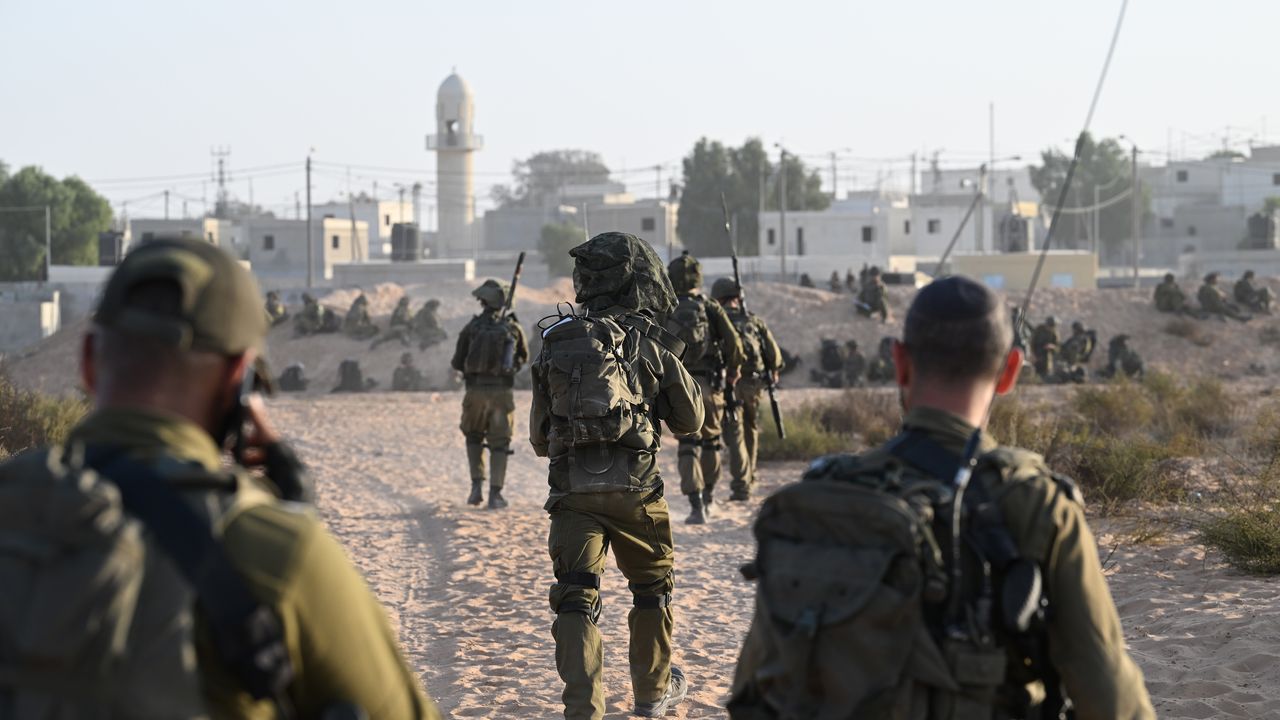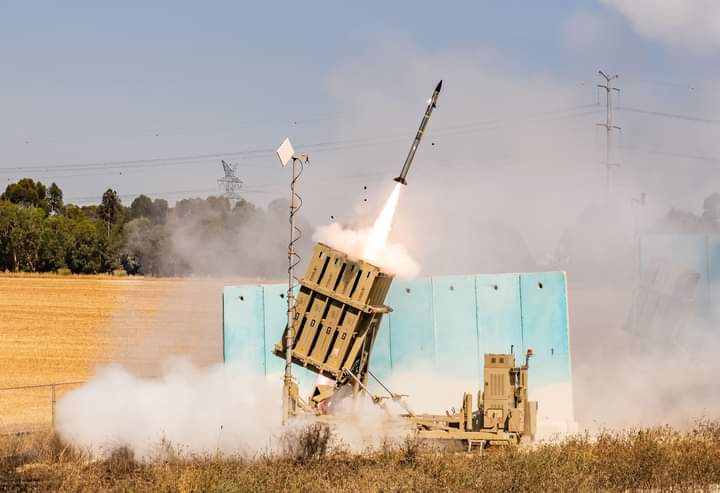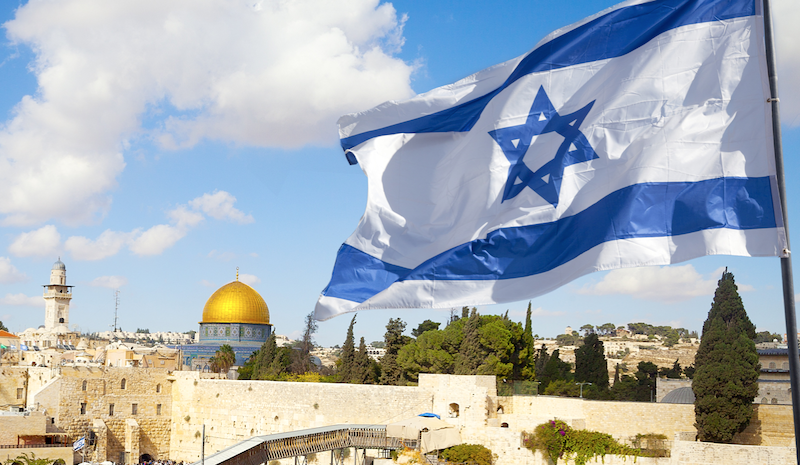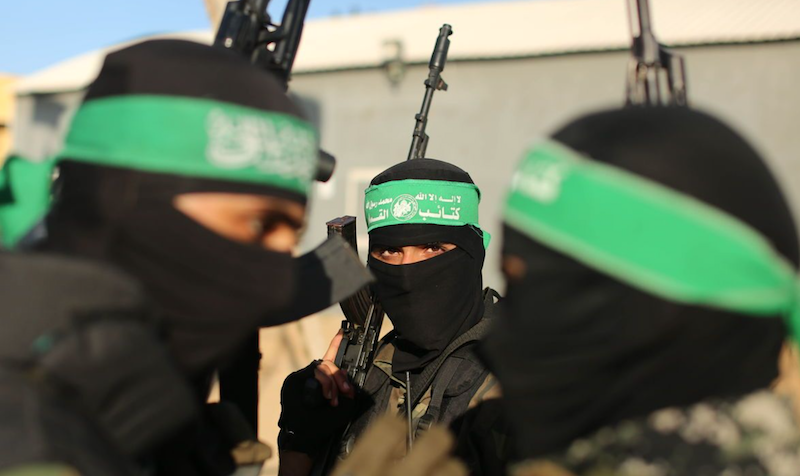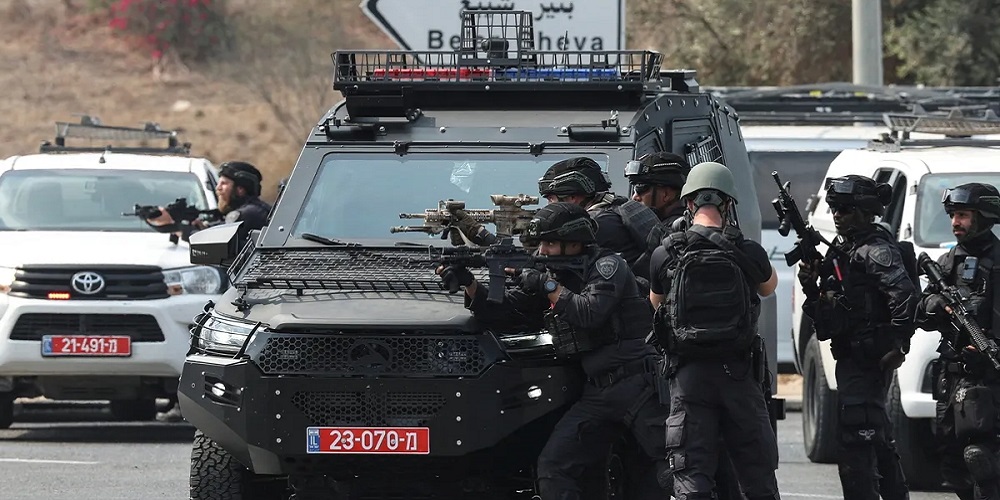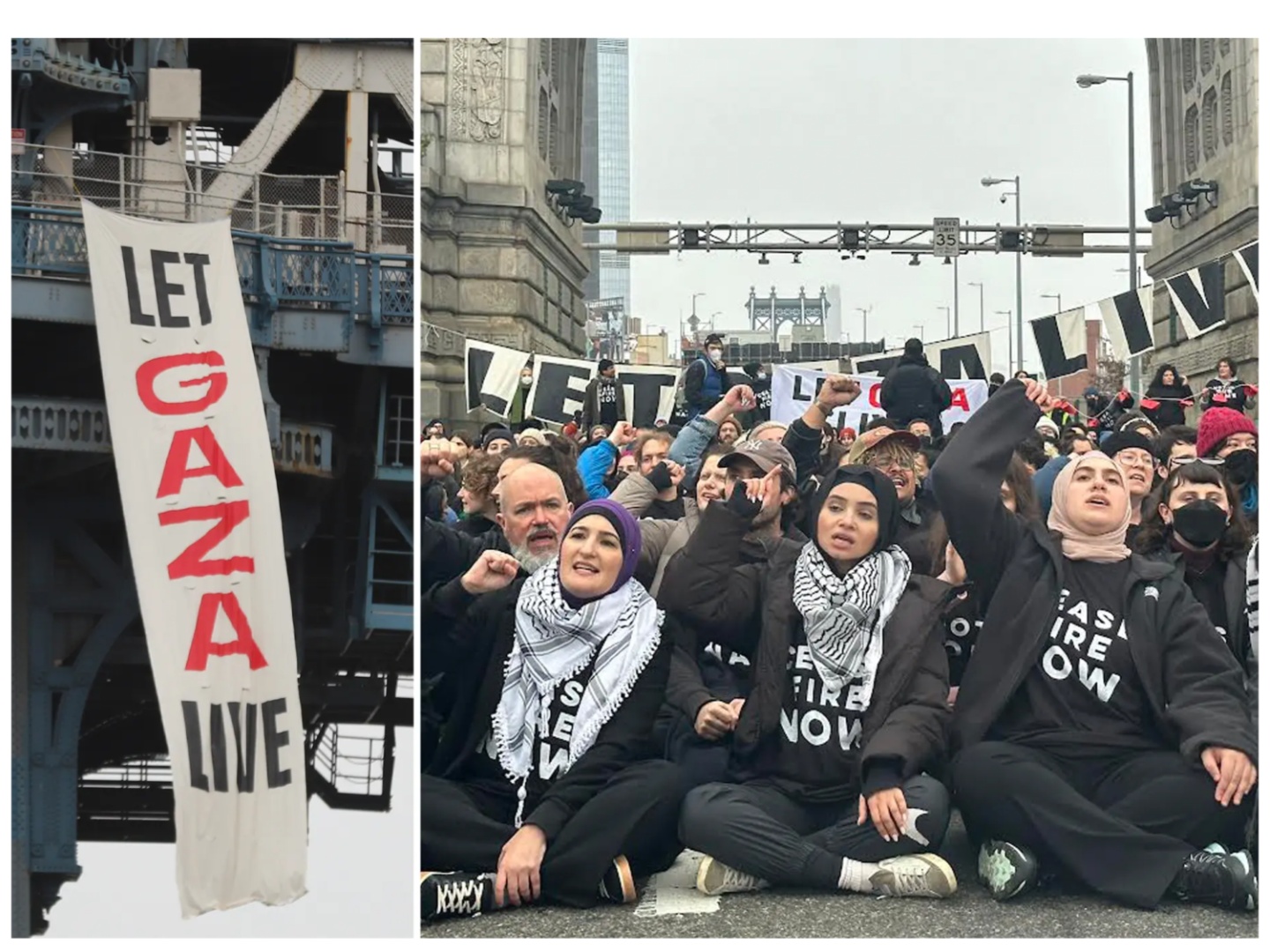The raging war between Israel and Hamas will not end before tomorrow’s Christmas is over. The unfortunate war has instead yielded two principal casualties: the first is the nativity festivals of Christmas which have made Bethlehem a favourite destination for Christian pilgrims. Home to the historic shrines and places of the Christian faith, Bethlehem has from time immemorial been the only authentic destination for Christian pilgrims. Those who want to see the birth place of Christ, the place where Christ was born, where he died and was entombed, return endlessly to Bethlehem every year for that spiritual atonement that all peoples of faith perennially long for. Bethlehem has over the centuries become for Christian faithful what Mecca and Medina is for Moslem faithful.
The city used to receive an annual influx of 2 million pilgrims. This steady deluge of pilgrims powered the economy of the city and contributed to the revenue of the Israeli nation itself. The hotels, the restaurants, the tour operators, the bus and coach companies, the tour guides with their worn out narratives and the thousands of youth employed in all the pilgrim service enterprises have over the years taken on a life of their own.
In the fog of this season’s raging war in Gaza, all that seems to have come to a screeching halt. This year, the previous traffic is down to almost nothing as the festivities and tour sites have been shut down. Most of the activities and festivities that used to make Bethlehem the “go to” place in Israel have either been drastically scaled down or totally cancelled. No one knows when these events and venues will reopen and normalcy return.
The bustle of pilgrimage events and faith holiday activities have yielded to an ominous quiet and silence. This is not “the silent nights” of the Christmas song. It is the real eerie silence of a silent foreboding, the whisper of something devious and sinister lurking in the dark street corners. It is perhaps only the presence of young hooded operatives of Mossad and Shin Beth and the uniformed police that reassure people that no one will detonate a bomb or hurl a missile at the holy sites.
When the hostilities recede or stop, the mentality of war and siege will not easily depart. Loss of hotel revenues, the silence of shuttered restaurants, the barricaded memento shops and deserted bus routes may yet endure for a while. Both faith and the economics of faith have been badly injured by the silence imposed by the war and the fear of terrorist attacks even in this holiest of places.
The second victim is the uneasy calm of Gaza, the home of nearly 2.5 million mostly Palestinians that has perennially been besieged by the vigilance of the overlord next door. Gaza before this war was a city besieged by the hope of freedom and an eternal longing for the Palestinian homeland. In Gaza, an uneasy calm has been replaced by the boom of guns and the reality of death and blood in unusual places. In hospitals, schools, playgrounds and residential apartments, the guns of war have devastated the peace and left behind an endless trail of the blood of the innocent. Women, children, the elderly and the infirm have all fallen victims to this war. At the last count, over 20,000 non -combatant deaths and still counting have been recorded in Gaza.
The infrastructure that supports life has been devastated as streets have been replaced by endless heaps of rubble. Homes have been shattered and reduced to rubble. The basic things that support life: water, food, medicine, infant formula and basic conveniences have all become luxuries for which people have to wait for aid trucks to arrive so that they can scramble for supplies. Life in Gaza has become in Hobbesian terms, “ short, nasty and brutish”. Death and tragedy have become the permanent certainty and companions of the widows, orphans and destitute of Gaza.
The harvest of death in Gaza did not cause itself. It is unnecessary and uncalled for. Hamas invited this holocaust on innocent Palestinians. On the 7th of October, Hamas staged a foolish attack on Israeli Kibuths and border towns. In addition to hurling thousands of rockets into Israeli territory, Hamas sent fighters into Israel to kill, maim and kidnap innocent people as hostages. Over 1,700 innocent Israelis at a Jewish festival were killed. Another 200 or more were taken hostage. The
world cried in anguish. Hamas was triumphal at its opportunistic attack.
The magnitude of Israel’s response was perhaps beyond the imagination of Hamas and its friends. This under estimation is evidence of the poverty of strategic thinking among Hamas and its handlers and backers. It is perhaps true that terrorists never factor in consequences when they strike. They only think of the immediate impact of their disruption. On this occasion, the miscalculation was epic. How come Hamas has spent years preparing for war against Israel without understanding the basic psychology of its adversary?
Israel was born out of necessity, nurtured in adversity and has been sustained by a group psychology of unrelieved siege. Of all the nations of the modern world, Israeli is the one nation that was forged in the furnace of war and has spent all of its existence fighting wars of varying intensity, preparing for emergencies and literally readying for the next war. To date, a total of nine wars since its founding in 1947 including The war of independence( 1947-49), Sinai War (1956), Six day War (1967), First Intifada, Second Intifada, Yum Kippur war etc.
Prior to the founding of Israel as a modern nation state by UN Resolution, there had been the Holocaust in which over 6 million Jews were incinerated in gas chambers in Germany during the Second World War. The totality of these wars and the memory of the Holocaust have left in the collective unconscious of the Jewish people of Israel a permanent imprint of hurt that resolves into the phrase NEVER AGAIN as an expression of national survival. Any hostile action that minimally reminds Israel of any hurt to its people is an act of war that can only invoke vicious reprisals. Israel is therefore perennially ready for war at the shortest possible notice. War is the national reflex of the Israeli nation.
This has of course led the country to develop one of the most sophisticated military and intelligence capabilities in the Middle East if not in the world. It has a deliverable and proven nuclear weapons capability as well. Therefore, the Hamas attack of October 7th is the latest act of war against Israel in recent times. It has naturally upset the precarious balance of hostile forces in the region and invoked obvious partisanship among nations both in support of and against Israel. The most significant ally of the Israelis has of course been the United States with open military support. As a counter force, the solidarity of Arab states like Iran has bolstered the support for Hamas.
The Hamas war is a major diplomatic setback for Israel and by extension moderate states in the region. It has come at a time when an increasing number of moderate Arab states were reaching accommodation with Israel under various guises of the US initiated Abraham Accord. Major economic cooperation agreements between Israel and the major economic players in the region like UAE, Saudi Arabia and Qatar had begun to signal a new benign alignment of forces that could transform the region from a cauldron of hostility, terror and war to a zone of peaceful coexistence and peace through the pursuit of collective prosperity. Then came the Hamas attack and the war of reprisal still raging.
After nearly three months of hostilities and devastation, Gaza has virtually been razed to the ground. The greatest humanitarian disaster in recent world history has raged uncontrolled. Casualties from among civilians, children, women and the aged have been recorded in astronomical proportions. Yes, Israel was badly hurt and disarmingly surprised by the 7th October attack. But the reprisal war has been disproportionate. On a headcount basis, the 1,700 Israelis killed on October 7th do not match the over 20,000 Palestinian deaths in Gaza. Not to talk of the devastation of infrastructure and livelihoods.
Current international diplomatic efforts up to the United Nations are still focused on how to stop the shooting and begin the talking. Food, medicines, water and the necessities of life need to get to the needy and distressed. Hospitals have been wiped off the landscape of Gaza. No one has as yet begun to discuss the crucial long standing political issues at stake between Israel and the Palestinians. The matter of peace and security between Israeli and its Palestinian neighbours remains largely unaddressed. No one knows what fate awaits Gaza politically after the guns go silent and the rumble of bulldozers subside. Israel insists on garrisoning the territory after this war. Everyone else rejects that apartheid colonialist arrangement. Hamas remains unrepentant about its terrorist reputation and the attendant routine hurling of rockets at Israel as well as the casual taking of hostages that look like either Israelis or Americans or indeed anyone that looks strange in the vicinity.
International diplomats keep sounding like broken vinyl records on the desirability of peace between Israel and its Palestinian neighbours. We all know that peace in the region would be a function of guarantees of Israel’s security in return for freedom and independence for a Palestinian state next door. The bitterness of the present hostilities do not make the prospect of peace any brighter.
If indeed this goal were unanimously agreed upon, what stops the United Nations from creating the independent Palestinian state by a UN resolution as was done in the case of Israel? Such a state created by UN fiat should be recognized by a cross section of the international community beginning with Israel, the United States and the Arab states both radical and moderate. It could be governed on an interim basis by a mandated UN government of collaborating Palestinians, Arab members, Israeli representatives and other UN observers for an agreed period. Peace eternal would come upon this region and the world can heave a sigh of relief from these ever so frequent wars and random terror strikes and eruptions.
For us in Nigeria, the war between Israel and Hamas has reignited an unfortunate ignorance and misinformation about Israel in the religious mindset of the ordinary Nigerian. In the popular imagination of Nigeria’s Christian half, Israel is held as the bastion nation of Christianity, the abode of God’s ‘chosen’ people with a divine mission and destiny to triumph over persecutions on earth. Therefore a confrontation between Israel and its Arab neighbours is couched as a clash of the two dominant faiths in the world and in our country.
At the onset of the current war between Israel and Hamas, prominent Nigerian pastor and faith entrepreneur proprietor of The Redeemed Christian Church, Mr. Adeboye, publicly prayed in congregation that God should deliver victory to Israel in its then impending confrontation with Hamas. Underlying that unfortunate misrepresentation is a notion that pervades Nigeria’s Christian population. Israel is mistaken as a Christian nation. Far from it.
The Jewish nation of Israel is not a Christian nation even though it is home to the significant shrines and holy places of classical Christianity- the tomb of Christ, the major venues of Christian history as recorded in the Old Testament of the Bible. It should be instructive that among the infrastructure that have been destroyed by Israeli air strikes are Gaza’s oldest church , St. Porphyrius, where 16 worshippers were killed in an earlier Israeli air strike. Since the war started, the Christian population of Gaza has continued to decline as the faithful have continued to flee from the violence of Israeli attacks.
The ultimate reality of the Israel-Hamas war is still the ancient struggle by a powerful nation state to suppress a weaker vassal neighbor for the purpose of its security and regional pre-eminence. The solution can only be an international rebalancing of forces. That is the best way to make peace enticing and further violence unattractive.


